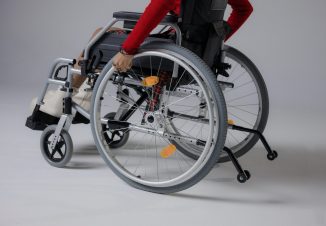
The French Cour de Cassation ruled yesterday that employers can impose a ‘neutrality’ clause prohibiting employees from visibly wearing any political, philosophical or religious signs in the workplace, provided that this general and undifferentiated clause only applies to employees who are in contact with customers. This decision confirms the rules set out by the Court on the Islamic veil in its ruling of 22 November 2017.
In the absence of this type of clause, only a necessary and determining occupational requirement can justify a restriction on religious freedom such as a prohibition on the wearing of religious symbols. These may be health and safety requirements (but not the employer’s willingness to take account of customers’ particular wishes).
In this case, an employee who worked as a security consultant for a company providing security services to governments, international NGOs and private companies, was dismissed for serious misconduct, as the employer accused him of wearing a beard that was ‘cut in a way that is deliberately meaningful in both religious and political terms.’
The Cour de Cassation ruled that if an employer prohibits an employee from wearing a beard as a manifestation of religious and political convictions but does not justify this prohibition objectively or specify how the beard could have been trimmed in the light of advanced safety requirements, the employee’s dismissal on the grounds his beard was trimmed in a way that held religious and political significance is discriminatory and therefore void.
For the full text of the ruling, see here.


